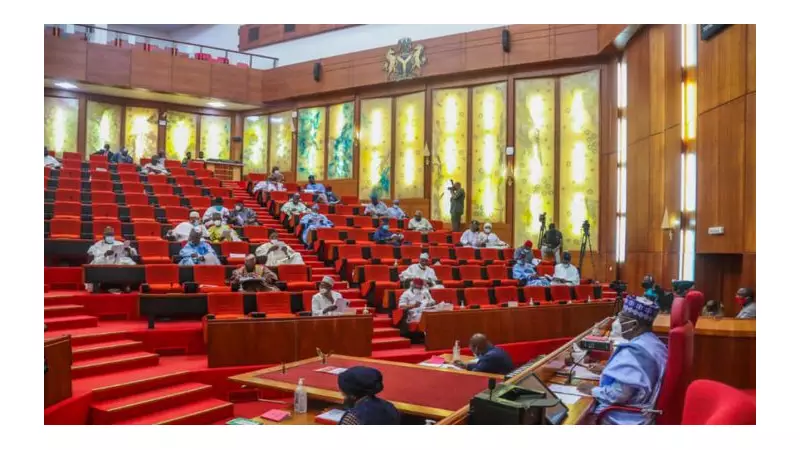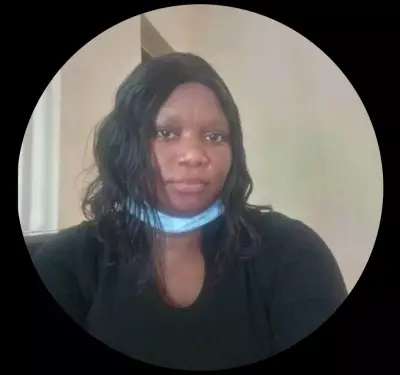
In a landmark move that could transform mental healthcare in Africa's most populous nation, the Nigerian Senate has taken decisive action toward establishing specialized autism centers across the country. This revolutionary legislation represents the most significant governmental effort to date in addressing the needs of neurodiverse individuals and their families.
Senate's Unanimous Decision for Neurodiversity
The Senate chamber echoed with rare unanimous support as lawmakers advanced the National Autism Centres Establishment Bill 2024, championed by Senator Haruna Manu, Deputy Chief Whip representing Taraba North. The bill successfully passed its crucial second reading, signaling strong political will to address a long-neglected healthcare priority.
"This isn't just legislation—it's a moral imperative," declared Senator Manu during the passionate floor debate. "We're building a Nigeria where every child, regardless of neurological differences, can access specialized care and reach their full potential."
Comprehensive Nationwide Coverage Plan
The proposed legislation outlines an ambitious framework for establishing six specialized autism centers strategically located across Nigeria's six geopolitical zones. This geographic distribution ensures that families won't need to travel across the country to access essential services.
Each center will provide:
- Advanced diagnostic facilities and early intervention programs
- Specialized therapeutic services including behavioral and speech therapy
- Comprehensive training programs for healthcare professionals and educators
- Research facilities dedicated to understanding autism in African contexts
- Support systems and resources for families and caregivers
Addressing Nigeria's Autism Care Crisis
Currently, Nigeria faces a severe shortage of specialized autism services, with most facilities concentrated in urban centers and often financially inaccessible to average families. Many parents travel thousands of kilometers or relocate entirely to access basic autism care for their children.
Senator Manu emphasized the urgency: "We're losing generations of brilliant minds to inadequate care. The economic and social costs of inaction far outweigh the investment required for these centers."
Global Context and Local Impact
With autism spectrum disorders affecting approximately 1 in 100 children worldwide according to World Health Organization estimates, Nigeria's initiative places it among progressive nations prioritizing neurodiversity. The centers will incorporate both international best practices and culturally appropriate approaches to autism care.
The bill has been referred to the Senate Committee on Health for further legislative refinement and public hearings. Stakeholders including medical experts, special education professionals, and autism advocacy groups are expected to contribute to the final framework.
National Response and Future Outlook
Autism advocacy organizations across Nigeria have hailed the Senate's action as "transformative" and "long overdue." Parents of children with autism expressed hope that the centers will finally provide the structured support system they've desperately needed.
As Nigeria moves toward establishing this comprehensive autism care network, the nation positions itself as a potential leader in neurodiversity inclusion within West Africa. The successful implementation of these centers could serve as a model for other African nations addressing similar healthcare challenges.





